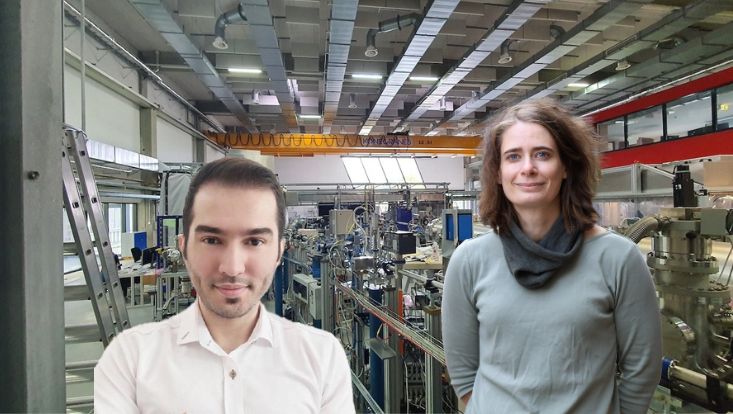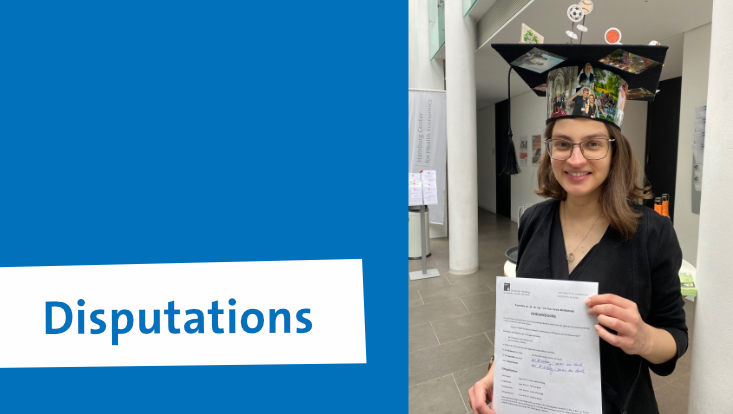Artificial intelligenceNew research project to optimize laser operations
26 March 2025

Photo: DESY
A new research project entitled “AI-Powered XFEL Laser Operations: Boosting Uptime with Language Models” has been running at the University of Hamburg Business School since March 1, 2025. In collaboration between the Chair of Data Science and the Deutsches Elektronen-Synchrotron (DESY), an AI-supported assistant will be developed over a period of three years to facilitate the maintenance and troubleshooting of highly complex laser systems.
Large-scale X-ray synchrotrons and free-electron lasers (XFELs) rely on a large number of complex optical laser systems. Failures of these systems can lead to expensive downtime, even if a laser operator is always on standby. However, since it is hardly possible for a single person to know all the details of every laser system, the project aims to provide a targeted remedy.
The team is developing advanced large language models (LLMs) that can process extensive technical documentation, logbook entries and control data to assist laser operators with troubleshooting and maintenance. In addition to improving efficiency and accuracy in problem solving, the assistant will also help to optimize technical documentation and provide performance statistics for data-based decisions.
This innovative project is funded by the Data Science in Hamburg - HELMHOLTZ Graduate School for the Structure of Matter (DASHH). The project is led by Prof. Anne Lauscher (University of Hamburg Business School, UHH), Dr. Ingmar Hartl (DESY) and Dr. Henrik Tünnermann (DESY), while the newly recruited PhD student Afshin Karimi is working on the practical implementation. He explains his tasks as follows: "As part of this innovative project, I am using large language models to analyze complex technical documentation and logbook entries, supporting laser operators in identifying issues and optimizing maintenance processes. The goal is to leverage AI to increase the uptime and efficiency of the laser systems, ultimately enhancing scientific productivity at DESY."
Prof. Lauscher concludes: “The project marks a further step towards a future in which Generative Artificial Intelligence helps to optimize research infrastructures in order to advance scientific discoveries.”


